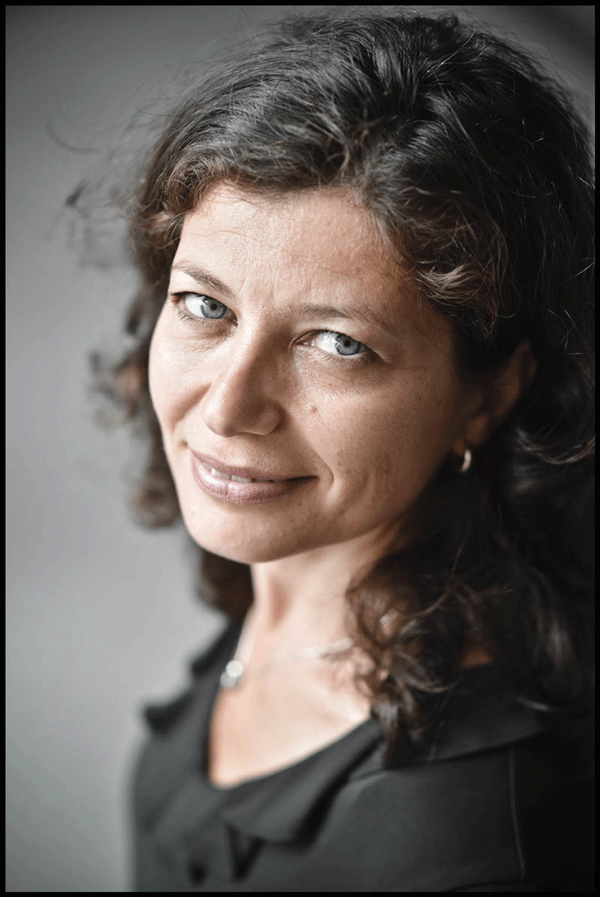Prof. Connie Bezzina writes about her work tracking down genetic risk factors that lead to sudden cardiac death
My passion for human genetics started during my Bachelor of Pharmacy at the University of Malta. In 1992 for my undergraduate research project I conducted studies to identify the genetic defect causing blood coagulation disease in a Maltese family. This project was too ambitious for an undergraduate level and I did not manage to resolve the case by the time I graduated.
Thanks to my mentor, Professor Alex Felice (University of Malta), I could continue my research on this family during my Ph.D. studies. During my Ph.D., which I obtained from the UoM in 1998, we managed to uncover the genetic defect located in a gene encoding a blood coagulation factor. We also found out how the mutated coagulation factor works. For this research I went for a short spell to Hammersmith Hospital in London in the laboratory of Professor Edward Tuddenham, a pioneer in blood coagulation. The taste of research abroad made me crave for more and in 1997 I moved to Amsterdam.
In Amsterdam I started working as a post-doctoral scientist at the Academic Medical Center of the University of Amsterdam. There I joined the group of Professor Arthur Wilde who was establishing a research theme centred on the identification of genetic risk factors for cardiac rhythm disorders, which are linked with a high risk of sudden death. My work since moving to Amsterdam has focused entirely on this topic.
In 2005 I was awarded an Established Investigator Fellowship by the Netherlands Heart Foundation. This provided a major impetus in building my own research group, which is key for a young researcher in order to succeed. In 2012 I was appointed Professor of Molecular Cardiogenetics at the University of Amsterdam. My current team is made up of 15 young talented post-doctoral fellows, Ph.D. students, and research analysts. Our research aims at discovering genetic risk factors for sudden cardiac death that enable genetic testing for the pre-symptomatic identification (that is, diagnosis before the occurrence of potentially lethal heart problems) and treatment of individuals that are at risk for sudden death.
Last summer I was awarded the Outstanding Achievement Award from the European Society of Cardiology Council on Basic Cardiovascular Science. It recognises basic science researchers with outstanding accomplishments in the early stage of their careers. I am very glad in the way my mentorship at the UoM prepared me for my career in scientific research that led to my current achievements.





Comments are closed for this article!